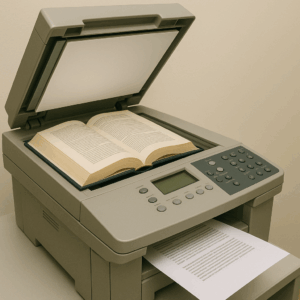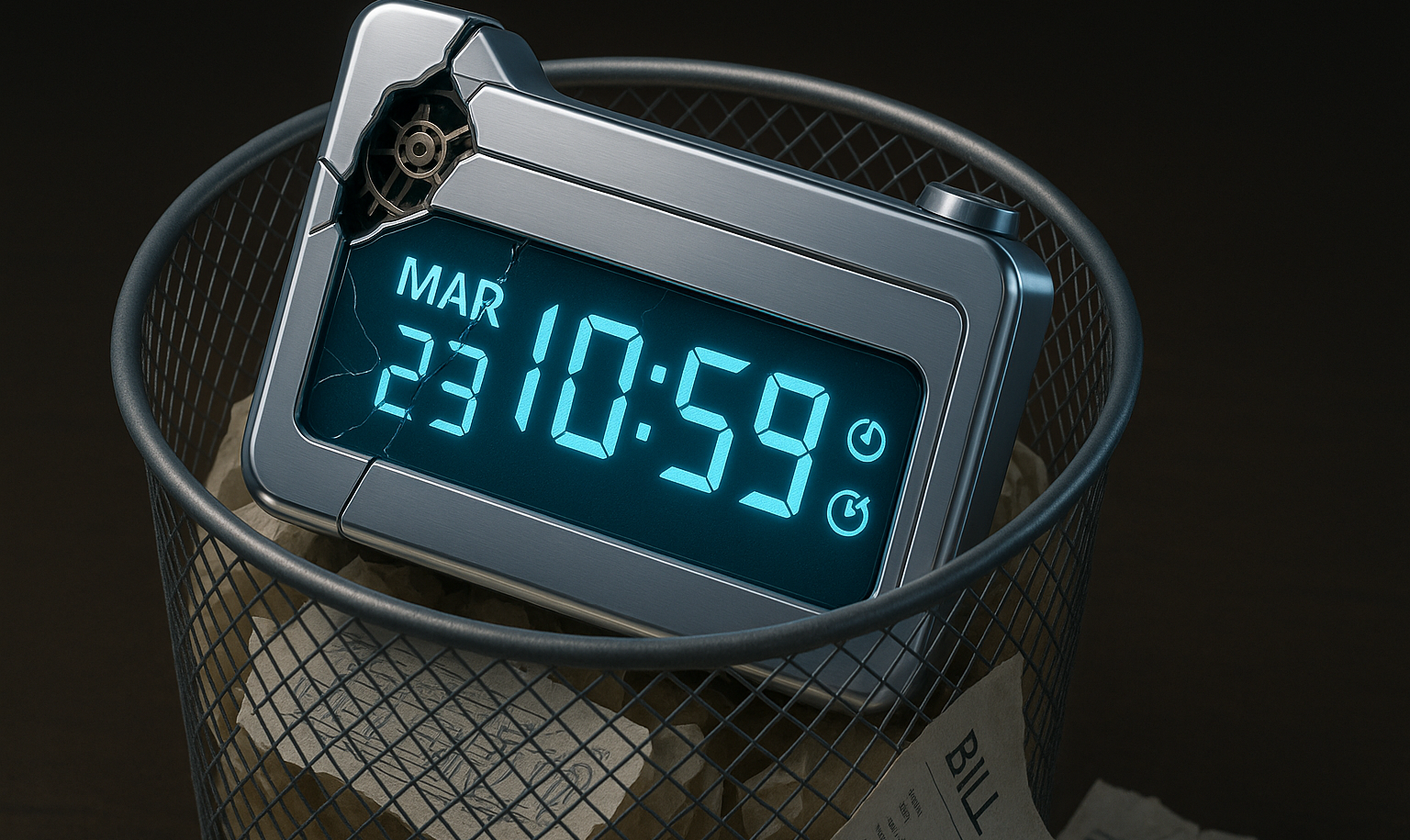How does copyright infringement occur when it comes to copying content?
Understanding Copyright Law:
Copyright law protects intellectual property, including words, images, video, music, and more. It is crucial to recognize that copying any part of a copyrighted work, even with modifications or additions, can put you at risk of copyright infringement. Many people mistakenly believe that modifying or transforming a work exempts them from legal trouble, but that is not the case.
In this episode, we delve into the topic of copied rights and copyright infringement. Our host, Wayne Carroll, shares valuable insights and stories about the importance of understanding copyright law and the potential consequences of copying content without permission or proper licensing. Join us as we explore the concept of fair use, the factors to consider, and the significance of obtaining permission to use copyrighted material.
The Fair Use Doctrine:
One defense against copyright infringement is the fair use doctrine. Fair use is a limited defense that allows copying under specific circumstances such as news, commentary, and nonprofit education. However, relying on fair use can still result in legal battles and considerable expenses. Courts evaluate fair use based on four factors
- Purpose and character of the use: Commercial use is less likely to be considered fair use, whereas transformative and non-commercial uses may have a stronger case for fair use.
- Nature of the copyrighted work: Highly creative works receive more protection compared to factual or less creative works.
- Amount and substantiality of the portion used: The court considers how much of the copyrighted work was used, not just the specific portion. There is no specific rule or threshold for fair use; it depends on the individual case and context.
- Effect on the market value of the original work: If the copying significantly impacts the potential market for the copyrighted work, it may weigh against fair use.
Importance of Obtaining Permission:
To avoid copyright infringement, it is essential to obtain permission or a license to use others’ copyrighted work. Even in cases where a work seems to be widely used, the copyright status must be verified. Works might have been licensed, still protected by copyright, or in the public domain. Keeping a record of permissions obtained or how the public domain status was determined is crucial for legal compliance.
Open Source Content and Creative Commons:
Open source content, such as software code, photographs, and artwork, often comes with licenses and specific limitations. Organizations like Creative Commons provide licenses that allow free use of content with certain restrictions, such as non-commercial use and no derivative works. If you need to use open source content commercially or in a way that violates the license terms, it is important to seek proper licensing or permission.
Protecting Your Original Work:
If you are using your own original work, it is equally important to keep documentation, proving your ownership and publication dates. By doing so, you establish evidence of your rights in case of any potential copyright disputes. Maintaining good record-keeping practices will also help defend against claims of infringement.
Conclusion:
 In this episode, Wayne Carroll highlights the significance of understanding copyright law and obtaining permission when using copyrighted material. Copying, even with modifications, can lead to copyright infringement and potential legal repercussions. The fair use doctrine provides some room for copying under specific circumstances, but it is a defense that can involve costly litigation.
In this episode, Wayne Carroll highlights the significance of understanding copyright law and obtaining permission when using copyrighted material. Copying, even with modifications, can lead to copyright infringement and potential legal repercussions. The fair use doctrine provides some room for copying under specific circumstances, but it is a defense that can involve costly litigation.
To ensure compliance, always verify the copyright status of a work and obtain the necessary permissions or licenses. Keep detailed records of permissions obtained or how the public domain status was determined. If you are using your original work, protect your rights by maintaining proper documentation.
Tune in to the Leveraging Inspiration podcast for more insights and stories on how to leverage intellectual property and succeed in the world of patents and copyrights. Remember, when it comes to copying content, don’t do it until you’ve listened to this episode with Wayne Carroll!



